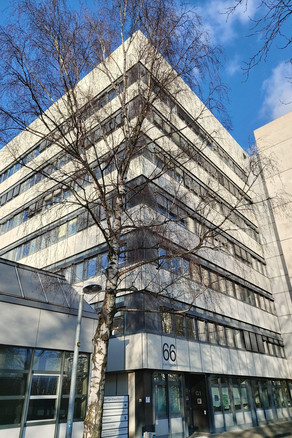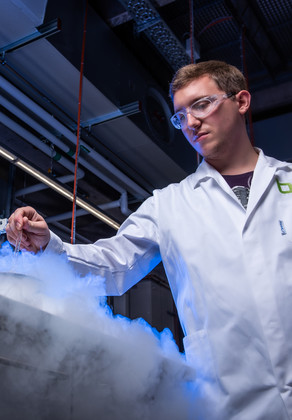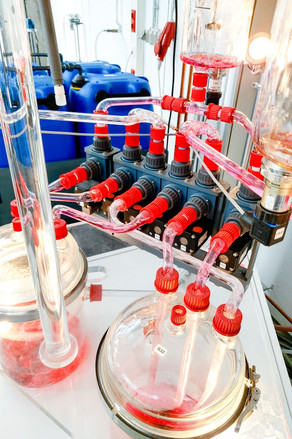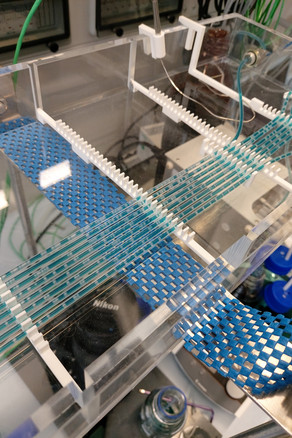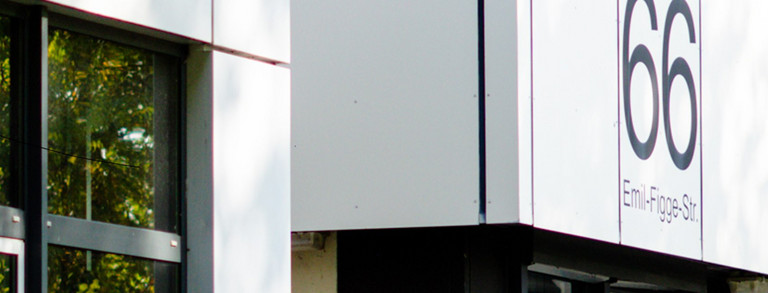"Startelf" Mentoring Program of the Faculty of Bio- and Chemical Engineering opened
- Archiv 2020
- News
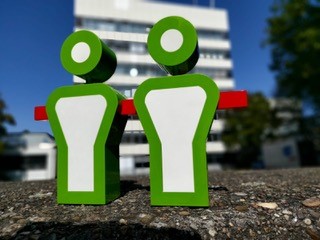
At 12:00 noon and announced with a countdown in the social media, the new "Startelf" mentoring program of the Faculty of Bio- and Chemical Engineering (BCI) started on 17.10.2020 with the opening of the virtual work and information portal for first-year students.
Even before the start of the O-Phase on 26.10.2020, BCI first-year students can find information and network here. A wiki explains the study program in keywords from A - Z - and contains the relevant links to various central and BCI websites. A video collection introduces the professors and important contact persons of the faculty and provides tutorials from "How to plan your week and semester?" to "How to Moodle", "How to BOSS" and "How to e-mail at the university".
The portal bundles all the necessary information and events for the start of studies with references and links, such as offers like the "Digital Central Area" of the BCI with information on courses, the "Virtual Gallery" for morning coffee together to start the day and virtual learning rooms. Central events of the Dortmunder Zentrum Studienstart or the ZIB are linked. Feedback options for students complement the portal, which is to be continuously expanded as a "work in progress".
The "Startelf" mentoring program, led by Kirsten Lindner-Schwentick and coordinated by Robin Dinter, goes far beyond a virtual first-semester portal.
The BCI faculty hired a total of 20 student "peers" (they also welcome the freshmen in video messages on the portal) to accompany the freshmen beyond the O phase throughout the entire first semester. Five freshmen form a team at a time, and two teams together with the peer form a starting eleven. Weekly meetings of the freshmen with their peers will serve to optimally integrate the freshmen into their studies, even under the difficult conditions of the pandemic. At these status meetings, successes and problems can be discussed very directly and personally. Joint events and challenges will serve to strengthen the bond among each other and with the faculty. The peers' meetings with program leadership, also weekly, will serve as important teaching feedback for faculty.
"The crucial trick, and at the same time the biggest organizational challenge, was that after the O-phase, in which we bring the starting teams together, subsequently all the exercise or tutorial groups, e.g. in physics or higher mathematics, and also our first-semester BCI project work, are also built on the same starting teams each time. This effort is worthwhile, however, because it means that our first-year students at least have a small, consistent cohort with whom they can meet in real life - at least according to the current rules," explains Kirsten Lindner-Schwentick.
The "Startelf" program also extends to master's students coming to TU Dortmund from other universities and also includes the international master's program Chemical Engineering/Process Systems Engineering. It cooperates closely with other Studienstart actors at TU Dortmund, such as the Dortmund Center for Studienstart, the Scholarship Counseling Service, and the Psychological Counseling Service.
"It's great how the peers support us. Thank you very much for that! Together we came up with a lot of good ideas and it's amazing how much expertise and competence our explanatory videos, for example, demonstrate. We would never have been able to do that on our own. Robin Dinter is certain.
The BCI faculty has planned "rolling attendance" for first-year students on Mondays, Tuesdays and Fridays, and is hoping that there may yet be opportunities for this. One attendance day each is also planned for third- and fifth-semester students.
Contact:startelf.bci@tu-dortmund.de

